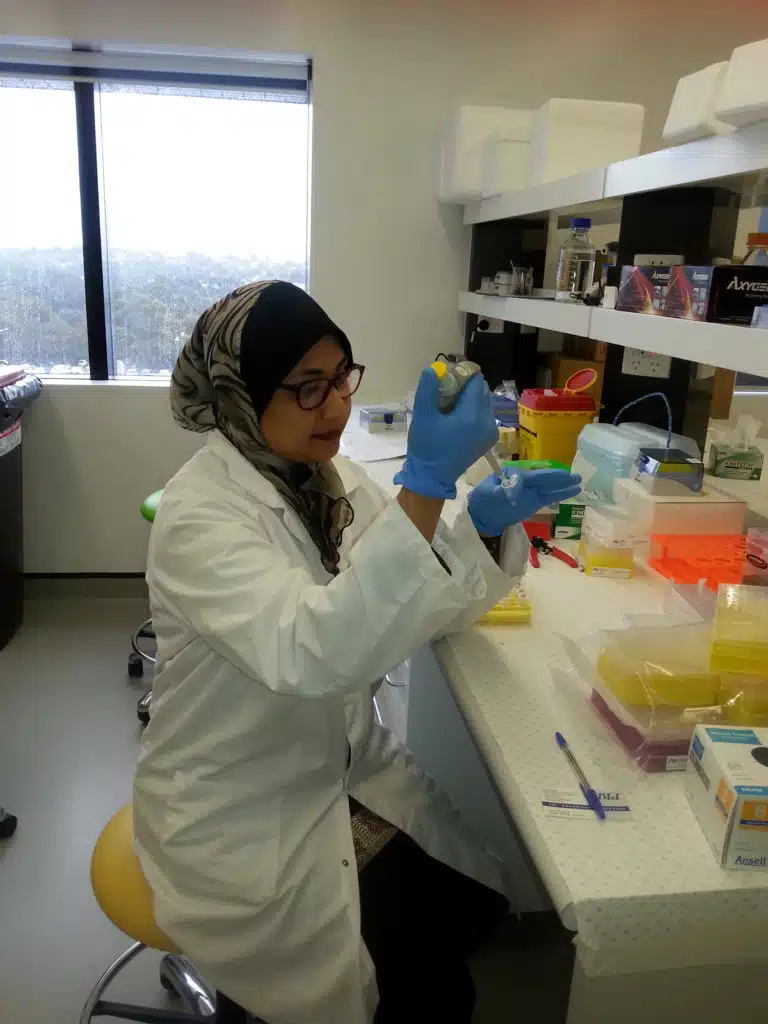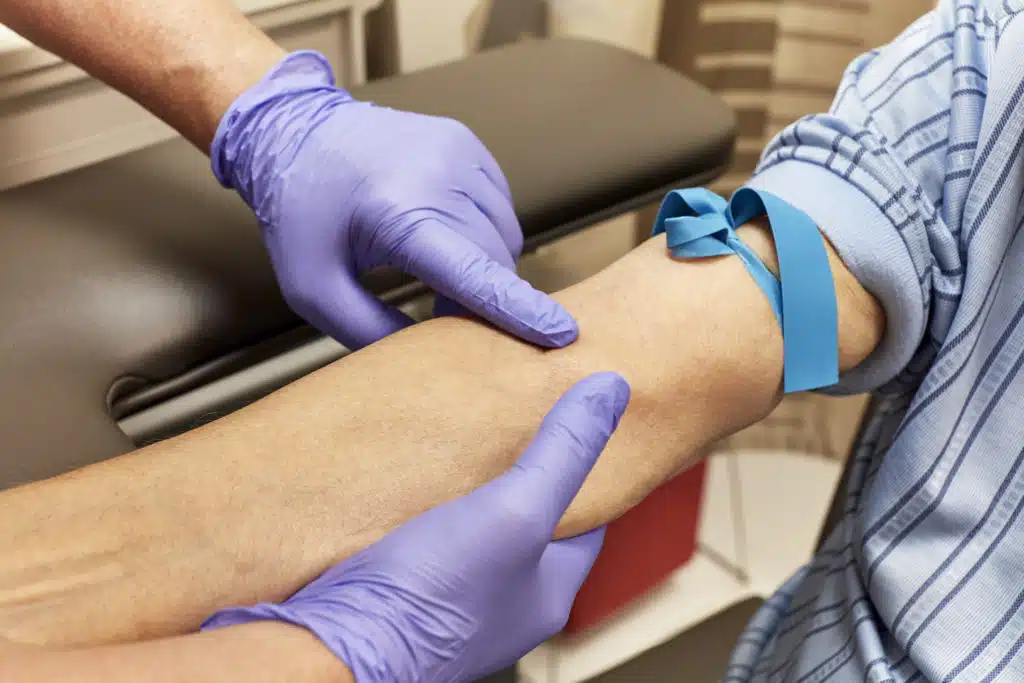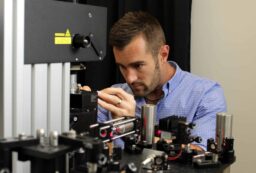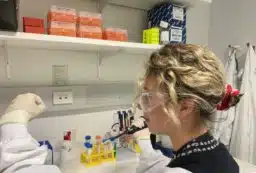Taking a test for bowel cancer can be awkward and, as a result of people avoiding the test, most bowel cancer is detected too late for treatment to be effective.
But a new blood test may mean that the days of colonoscopies and faecal based tests for bowel cancer detection are numbered.
Whist working at Macquarie University, Sadia Mahboob discovered three proteins which if found in the blood indicates the likely presence of colorectal cancer.
If detected, patients would then be referred for a colonoscopy where the cancer can be located and removed before it spreads. Her work could lead to routine blood tests for bowel cancer.
“One of the biggest problems at the moment is late detection,” says Sadia. “Over half of all these cancers are only found once they have already started to spread – for example to lymph nodes or other organs. The survival rate for these late-detection cases is less than 10 per cent.”
Australia has the highest rate of colorectal cancer incidents worldwide, with 14,000 cases and 4,000 deaths each year. Detection at an earlier stage would drastically reduce the number of deaths.
The finding has been patented and further studies are now underway to confirm these proteins’ capacity as colorectal cancer markers.
Sadia is currently working as a Cancer Researcher at the Children’s Medical Research Institute as part of the ProCan project – one of the largest cancer based studies ever done in Australia. Read about her current work here: www.cmri.org.au/Research/Supporting-Research/Sadia-Mahboob
Contact: Sadia Mahboob, Macquarie University, sadia.mahboob@students.mq.edu.au

Sadia Mahboob in the lab

Sadia Mahboob presenting at Fresh Science NSW





 Fresh Science is on hold for 2022. We will be back in 2023.
Fresh Science is on hold for 2022. We will be back in 2023.